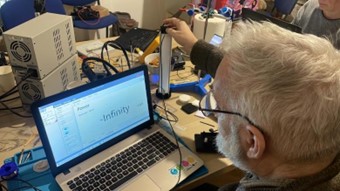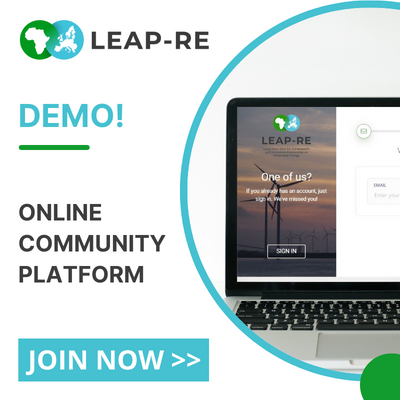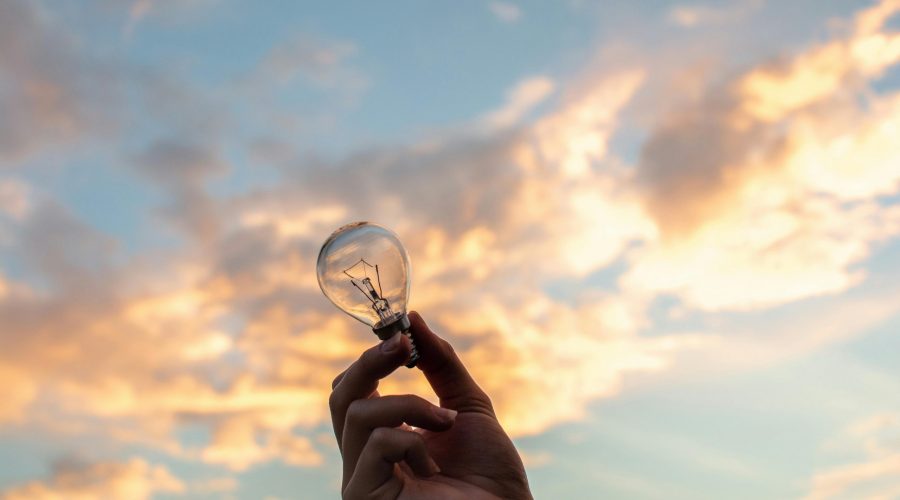The project has advanced the development of all components of the LEDSOL system. The architecture of the system is presented schematically in (Figure 1). The project has designed and developed the UV water disinfection module. Its performance have been tested in terms of power distribution of the UV radiation, water flow and leakage (see Figure 2). The main finding is related to the reduction of radiation power along the Teflon tube which called for shortening of the tube as compared to the initial design. Also, prototyping of the laboratory module turned out to require a special pumping unit which can withstand regular cleaning with aggressive chemicals. LEDSOL has also modelled and developed the solar energy module. In sizing the solar panels, the project took into account the different conditions in the pilot sites as well as the impact of a mobile system which needs to perform under changing conditions. LEDSOL has also developed the positioning engine needed for tracking the LEDSOL system and for mapping the water sources. The challenges in this respect have revolved around identifying low-cost high-sensitivity satellite-based positioning solutions for the African landscape. Water sources analysis is being performed on monthly collected samples. These are collected during regular field trips which are organized also for testing the autonomy of the backpack equipped with solar panels (see Figure 3). The project has also collected users’ needs and requirements through focus groups and interviews in Algeria and Togo. In Togo, a qualitative and ethnographic research approach was used during two visits in Latakopé and three visits in Agoé Zongo. In Algeria, three research sites (water sources) were visited and three interviews with potential users and four experts were conducted. Following these studies, an initial requirement catalogue regarding the system design and technology was established and presented to the technical partners.
Figure 1. Schematic representation of the LEDSOL solution exemplifying the water treatment unit (left), the solar energy module (centre) and the positioning engine (right).


Figure 2. Testing the UV disinfection unit.

LEDSOL presence at events
- A-WEAR workshop at Tampere University where both TAU and CITST have presented the project to the students and professors involved in the Marie Currie project A-WEAR (March 2023).

- Two networking meetings between LEAP-RE projects: LEDSOL and SIREVIVAL projects (October 2022 and May 2023)
- Presentation of the LEDSOL project and results at Liceul Teoretic Nichita Stanescu in Bucharest (April 2023). Several pupils from the 10th grade along with their chemistry and physics teachers were present at the event.

- The LEDSOL project has been presented to local authorities and the Ministry of Water Resources in Algeria through a series of meetings. Discussions were held between the Algerian LEDSOL team members and local authorities in Kolea and Aïn Tagouraït to explore the feasibility of implementing the project in these areas. Additionally, meetings were organized with representatives from the Ministry of Hydraulic Resources in Algeria to present the project and seek their input.

- The project was also presented to the local research community and student community (in Algeria). Presentations were conducted to share information about the LEDSOL project, its objectives, and potential collaborations with researchers and students in the area.




